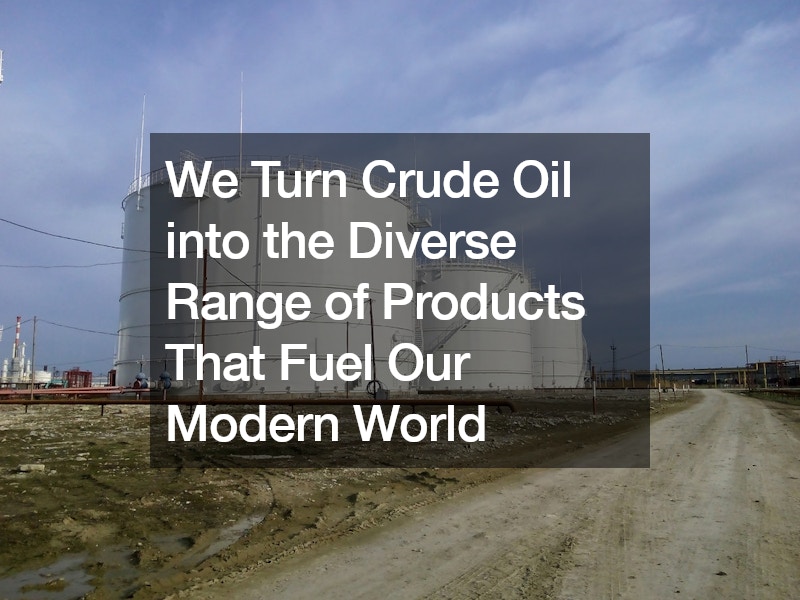
Crude oil, often referred to as “black gold,” is a vital resource that fuels much of our modern world. But have you ever wondered how this thick, dark substance transforms into the products we use every day? The answer lies in the fascinating process of fractional distillation.
What is Fractional Distillation?
Crude oil is a complex mixture primarily made up of hydrocarbons, which are compounds consisting of hydrogen and carbon atoms. These hydrocarbons come in various forms, including long-chain alkanes and shorter-chain molecules. To convert crude oil into usable products, scientists employ fractional distillation—a method that separates these hydrocarbons based on their boiling points.
The Distillation Process Explained
The process begins by heating crude oil in a large chamber until it turns into a gas. This gaseous mixture is then passed into a fractionating column, which has a temperature gradient from bottom to top. The bottom of the column is very hot, while the top is cooler.
As the hot gases rise through the column, different hydrocarbons condense into liquids at various levels. This separation process is facilitated by metal random packing within the column. Metal random packing consists of metal objects, like raschig rings or berl saddles, that are randomly arranged inside the column. These packing materials increase the surface area for condensation and provide a way for the gases to interact with cooler surfaces, helping to separate hydrocarbons more effectively.
Longer-chain hydrocarbons, which have higher boiling points, condense early and are collected for products like bitumen and heavy fuel oil. These products are used for road surfacing and as a base for lubricating oils and heating oil.
From Crude Oil to Everyday Products
Meanwhile, hydrocarbons with shorter chains and lower boiling points rise higher in the column. These include diesel, which powers many vehicles, and petrol, used in cars. At the top of the column, the lightest hydrocarbons remain in gas form, providing LPG (Liquefied Petroleum Gas) for cooking and heating.
Petrochemicals and Their Uses
In addition to these direct uses, the various fractions obtained from distillation serve as raw materials for the petrochemical industry. They are essential for producing solvents, detergents, and plastics, showing just how integral fractional distillation is to both everyday life and industrial processes.
Understanding fractional distillation highlights the ingenious ways we turn crude oil into the diverse range of products that fuel our modern world.
.




